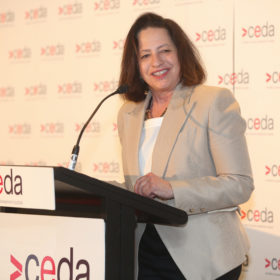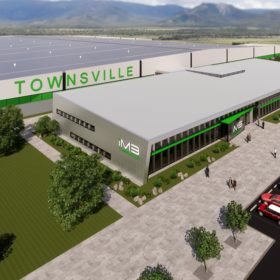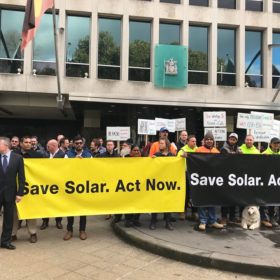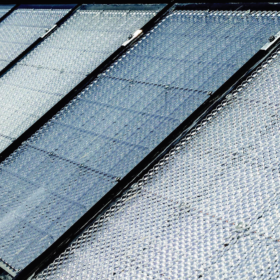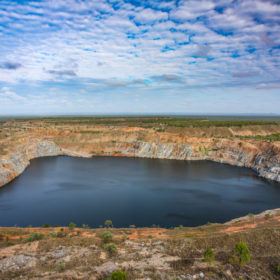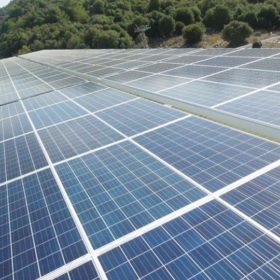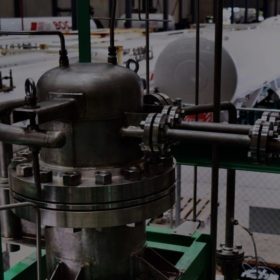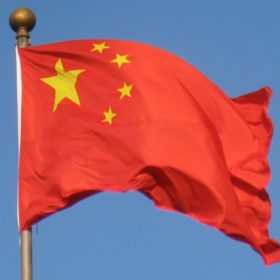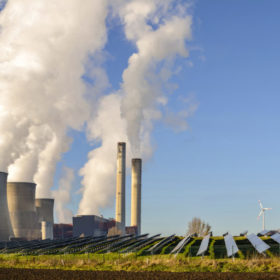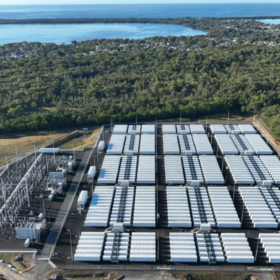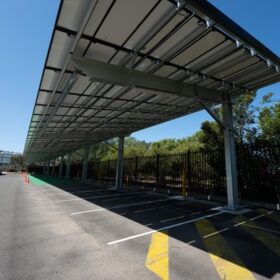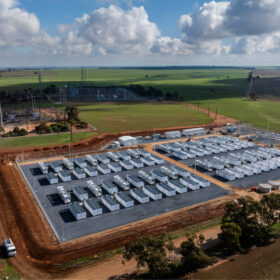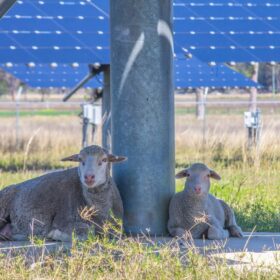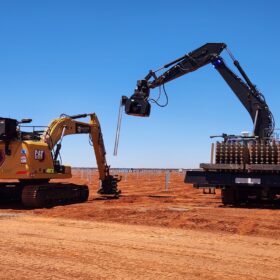The NEM’s digital twin and the imperatives for new market signals
At a CEDA event exploring ‘Opportunities in the Future Energy Market’, AEMO’s Audrey Zibelman and a lineup of energy thought leaders highlighted the need to value firming services in the new asynchronous energy market, and heralded real-time visualisation of grid and asset performance in the form of digital replicas of the NEM and WEM.
NAB stands behind Townsville battery gigafactory
Plans to develop a 18 GWh lithium-ion battery factory in northern Queensland have received a major boost with the appointment of National Australia Bank as financial adviser. With the feasibility study nearing completion, project proponents expect the development application to be submitted to Townsville City Council over the coming months.
Victoria solar rebate snapped up in under one hour
Even with the boosted solar rebate offering, this month’s first round quota was taken up in minutes. Another 3,250 rebates are due to be released on Tuesday, September 17.
Space age solar solution moves toward production
A consortium of European research institutes has received €10.6 million in EU funding to establish pilot production of a high efficiency module concept developed by Swiss startup Insolight. The module combines high efficiency multijunction cells with a solar concentrator lens and has previously demonstrated 29% efficiency.
Kidston transmission line funding paves the way for more solar and wind
The Queensland government has pledged to support Genex’s project at Kidston with up to $132 million. The funding will be used to build a single circuit transmission line and connect a massive pumped hydro project with the main grid, unlocking additional stages for the clean energy hub, including up to 270 MW of additional solar and up to 150 MW of wind.
Solar Victoria portal crashes as expanded rooftop PV rebate opens
Only hours after the release of the boosted September allocation of rooftop PV rebates, Solar Victoria’s application portal crashed, leaving applicants frustrated.
Project to turn biogas from sewage into renewable hydrogen and graphite wins ARENA backing
The Australian Renewable Energy Arena (ARENA) has approved up to $9.41 million in conditional funding to Hazer Group for the construction and operation of a groundbreaking hydrogen production facility in Munster, Western Australia. The project is utilizing biogas produced at the treatment plant as feedstock to produce hydrogen and graphite.
Balancing solar with agriculture in the US Midwest
Today we have heard of farmers in Australia unhappy at the approval given for three solar projects on agricultural land and also learned the benefits PV can bring for fish and shrimp farmers. In this op-ed for pv magazine USA, Stoel Rives LLP attorneys Sara Bergan and Thomas Braun discuss the balancing act to be made between solar and agriculture in the emerging Midwestern PV market.
China to fund 450 MW of solar capacity in Bangladesh
The two nations are due to sign an MoU today to set up the capacity in the north of Bangladesh along with 50 MW of wind power facilities in the south, near the port of Payra. China will supply an estimated $500m with the host nation freeing up land for the projects.
China Power figures show how much cheaper solar is than coal
A mix of higher operating costs and ageing coal assets – plus historically generous solar tariffs – meant the utility banked more profit from the 1.53 TWh of solar electricity it sold in the first half than it did from 25.9 TWh of coal-fired power.
